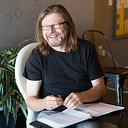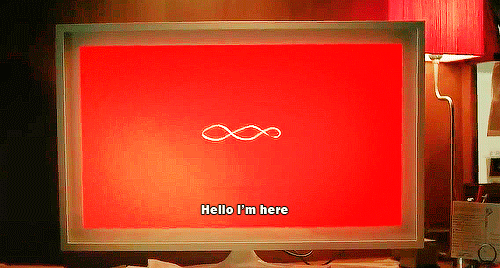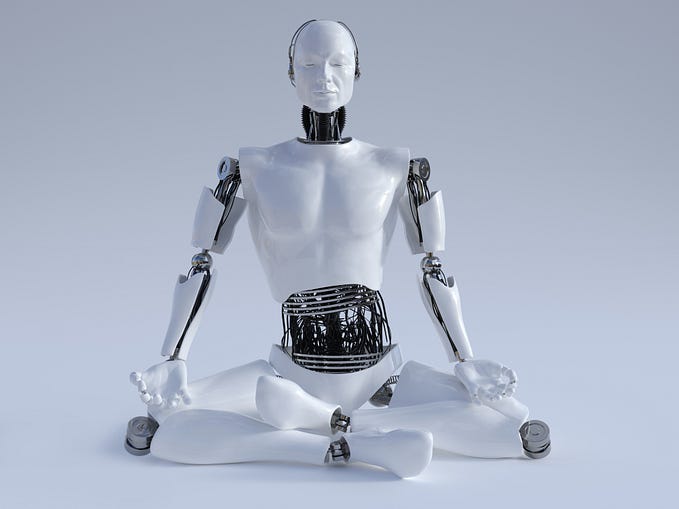Interview (Written): Eleanor Catton
A Q&A with the screenwriter who adapted the Jane Austen novel Emma.

An interview via CLIP with novelist and screenwriter Eleanor Catton.
Eleanor Catton is an award-winning novelist and screenwriter whose work has been published in more than 30 languages around the world. Her debut novel, The Rehearsal, won numerous awards including the Betty Trask Prize, the Amazon.ca First Novel Award and the NZSA Hubert Church Best First Book Award for Fiction, and was shortlisted for the Guardian First Book Award, among others. The novel has since been adapted for the screen by writer-director Alison Maclean and stars Alice Englert and Kerry Fox.
Her second novel The Luminaries won the Canadian Governor General’s Award for Fiction, the New Zealand Post Award for Fiction, and the 2013 Man Booker Prize, making her (at 28) the youngest-ever recipient of the prize. She has adapted the story for television herself, and the six-part miniseries, produced by Working Title for the BBC, is due out in 2020. It stars Eva Green and Eve Hewson.
Eleanor has a number of feature films in development, and is currently working on her anticipated third novel, Birnam Wood.
Some excerpts from the interview:
What was the process for writing the screenplay for Emma? Presumably you had read Emma before embarking on the writing process — but did you revisit it?
I actually hadn’t read the book before I was approached to adapt it! So I went away, read it and re-read it until I’d really internalised the story. I also read some Jane Austen criticism and Regency History, really immersed myself in that world.
The wider reading really helped to focus in my mind what the achievements of the novel were. Emma bends perception in the way it shows us things through the central character’s flawed point of view. It’s a superlative example of the novel form — and it’s so much fun!
It’s such a well-known story — did you want to put some distance between the film adaptation and the book?
No, I don’t think so. As a screenwriter you have to keep in your mind two audience members simultaneously — one who knows the book already and one who doesn’t and has no expectations whatsoever. I was writing for both of those people.
I’m reluctant to say that adaptation has ‘modernised ‘the story, because I don’t think Jane Austen needs modernisation. Her stories are completely immediate. You feel so close to her heroines and so emotionally invested.

Did you feel any pressure to make her more ‘likeable’ for the screen version?
I hate the idea that heroines have to be likeable! There’s an encoded sexism there, the idea that when women make mistakes, that’s the end of the line. When we were developing the film, we talked more about the idea of identifying with her — which is what the book does so brilliantly by taking us into her mind. We can all relate to the idea of a social rivalry like the one Emma has with Jane Fairfax, I think.
Emma is such a contained novel — you never leave Highbury. And the more I read it the more sympathy I have for Emma as someone who’s been subject to intellectual and emotional privation. She’s too clever for her situation — she has skills that in another time would be put to good use, but as it is they’ve been turned into weapons.
That’s an interesting observation: When doing a book adaptation, the screenwriter has to keep two audience members in mind — people who’ve read the book and people who haven’t. That means bearing that awareness in mind for every scene they write. Tricky business!
Here is a trailer for the movie Emma.
For the rest of the CLIP interview, go here.
For 100s more interviews with screenwriters and filmmakers, go here.










